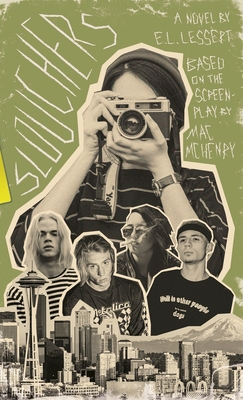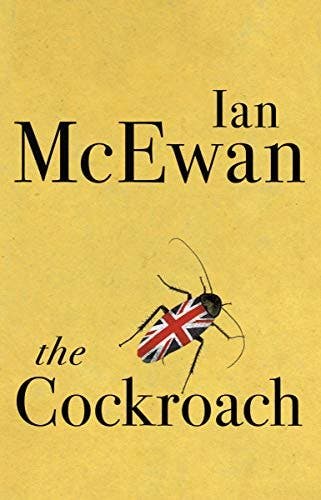I was still in high school in New Mexico at the time, but we all know that Seattle in the early 1990s was the most magical, exciting place to be. This is the ethos of Slouchers, the new film-inspired comedy novel from Mike Sacks, who oreviously delighted with Stinker Lets Loose!, a send-up of 70s road movies, and Passable in Pink, his homage to John Hughes. Slouchers takes on films like Singles, Dazed and Confused, Slacker, Reality Bites and the early Kevin Smith films. It’s all about people in their early 20s (and also late 20s and also Kurt Loder) pitting grunge authenti city against yuppie Boomerisms in a short-lived, pre-internet era.

Willow is our hero. She’s moved to Seattle from “back east” and is making a documentary about her generation, embodied by the “Lost Boys,” a group of slackers and stoners. The crew includes: Toodie, her sometime boyfriend who is going to be the next Nirvana; Skip, her boss at a record store who brandishes weapons at people who buy commercial rock albums; Vicky, her best friend who is just kind of average looking but a slut, Wake and Bake (two guys, no explanation needed) and a host of others, including the requisite recently out gay characters whose parents are still coming to terms with what they should have realized anyway. Also, there’s “Mr. Straight,” who is a business man from out of town who is into “commerce” and would as clearly be played by Ben Stiller as Winona Ryder would be Willow. His purchase of the failing record store incites the plot.
Willow, by the way, has been in Seattle all of two weeks, but it was before the release of Nirvana’s Smells Like Teen Spirit, so her roots burrow deep. Her documentary’s goal are comically amporphous:
“But her documentary isn’t about her sex life. Who would be interested in that anyway? It’s really more about her friends and how they are changing the universe.”
Meanwhile her foil, Mr. Straight, is no better grounded. When asked to explain his line of work he answers: “Business,” says Mr. Straight. “Finance. Commerce.”
Everyone is earnest and right on ths surface. It sets up a showdown between grunge authenticity and corporate capitalism, all set to be exploited by MTV. We’re reminded with a laugh and poke in the ribs that any nostalgia we have from that era is nostalgia for something that was created and mass marketed by the same multinational conglomerates we worry about today.
But, don’t worry, there’s no semornizing, except for comic effective and there are multiple laughs per page. Another triumph for Mike Sacks. By the way, I think I read that Sacks didn’t love the 90s grunge era films or the aesthetic, and yet he’s built a following for his novel movie parodies in a totally 90s, DIY, indie way. That’s not the technical definition of irony that I learned studying theatre history back in those days, but it’s close enough for the Hollywood take.


